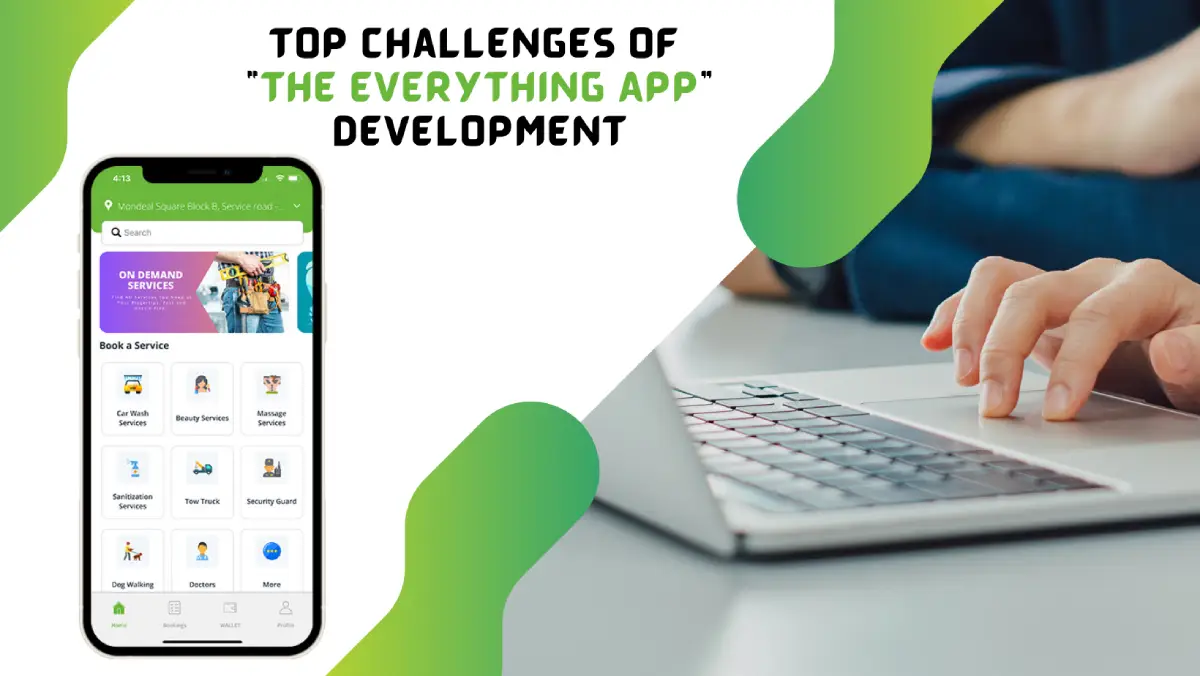How to Improve Logic-Building Skills
Are you finding it hard to solve competitive coding questions even after knowing the language completely? Then you need to seriously work on improving your logic-building skills.
This blog covers all the important things you should know while learning to build logic for complex coding questions.
Let’s begin!
Table of Contents
What is Programming Logic?
Every problem that you aim to solve requires logic. Say you want to prepare tea. The logic is to boil the ingredients together till we get the desired taste and colour. Based on this logic, you develop an algorithm, create system requirements and write the code.
Thus, Programming logic is the “thinking” behind a program that helps develop algorithms and design systems. Logic is the set of rules that governs the way software will behave and respond to the inputs.
Further, sound logic will allow software developers to create reliable, efficient and predictable software.
Ways to Improve Logic-Building Skills
Basic programmer gets these questions in his career, how to build logic programming and ways to improve logic building skills.
Building logic can be considered as a compounding curve. Initially, it will require more time to develop, but once you have solved enough questions, coming up with the logic for a difficult one will feel like a play.
But by following the things mentioned below, you can see yourself developing
We will look more into the right mindset later. For now, let us discuss the things you can do to improve your logic-building skills.
– Define easy, moderate and difficult for yourself.
It is crucial to realise that a question that may be easy for you is hard for someone else and vice-versa. The difficulty of a coding question depends on various factors such as your basic understanding of the concept, amount of practice, difficulty in visualisation, etc.
A good approach would be to know which questions are easy, moderate, and difficult based on your level of understanding. If you can build the logic of a question with just a glance, it is easy. If the question takes some, it is moderate. Lastly, if you fail to develop logic in the first few attempts, that is a difficult question for you.
– Read and Study the Code
A thumb rule could be if you are not able to develop logic for a question in 15 minutes, you should look for various solutions to that problem and analyse the WHY. Try to understand how the logic would have been developed.
Continuing this way for about a month, you will start developing your own conceptual understanding.
– Break Down Problems into sub-problems.
Some problems can be intimidating in the first encounter. But if you break it down into more minor elements, it will become easier to develop logic.
For example, say the problem is to develop a logic for finding three numbers in an array whose sum is N. Then think of how you can simplify the problem. One way could be to first find two numbers whose sum is k and then find the third number N-k in the array.
– Practice regularly
To become an unbeatable software developer, you must develop an intuitive sense of building logic for a given problem. Keep achievable targets for yourself, such as 5 easy questions every day and one weekly project to challenge yourself.
If you practice by trying out easy questions yourself and analysing solutions of difficult questions, you will definitely develop an intuition that will guide you to difficult problems as well.
– Learn from Mistakes
One crucial step that every beginner miss is reviewing their previous mistakes. While practising questions, if you find yourself stuck on a topic, read resources around that concept and build a strong foundational understanding.
Practising is more than just solving 100s of questions unless you find weak points and work on those mistakes to improve your logic-building skill.
What is the right mindset when building programming logic?
Improving your logic-building skill for programming is a challenging milestone for aspiring software developers. But the possibilities of successfully building this skill are tremendous.
Depending on your foundational understanding, some students may easily visualise the concepts, whereas some may feel clueless. The key is to work simultaneously on learning the concepts and solving questions of different types to apply those concepts.
Having the right mindset can take you through the process of improving logic-building skills easily.
1. Be ready for new challenges
As you practice coding problems daily, you will come across new statements and logic with every question. Embrace these challenges as a part of the process and give your best.
2. Move from easy to complex
It is best to first practice all the easy-level questions before trying to attempt difficult questions directly. This will give you the confidence, and you will be able to avoid demotivation.
3. Be open to learning
Expert coders are still learning new technologies and concepts regularly. Since technology is a dynamic field, there will be new learning always. Be open to new approaches as you analyse others’ codes.
4. Compete with yourself
You may feel underconfident around more skilled individuals who can develop the logic faster than you. But know that with enough focus and practice, you too, can achieve the same.
5. Take challenges such as doing projects
Keep challenging yourself one step above the other to learn new concepts, try out of a box approaches, solve 50 questions every week, or develop a simple project.
Improving your logic-building skill will help you solve competitive programming questions much efficiently. You must know your current level of understanding and, from there, start solving easy-to-moderate questions. Analyze other developers’ codes to understand the logic, and over time, you will develop an intuitive sense of solving difficult coding questions.
The root of better logic is being able to visualise the concept.
Read more: 8 Tips for Effectively Managing Software Developers







